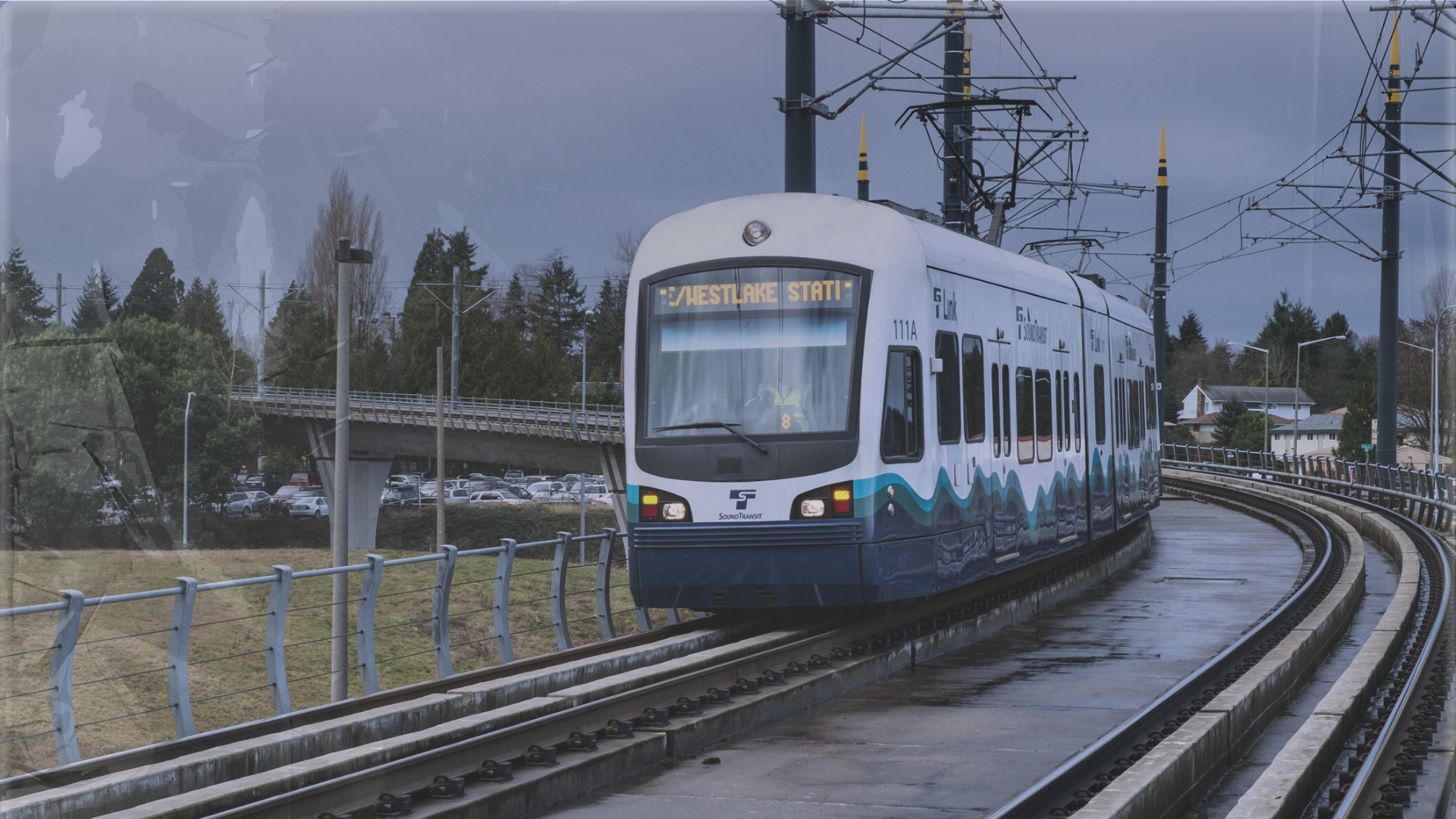Despite spending $10 to $12 million on public relations/communications every year, Sound Transit executives don’t appear to be getting what they’re paying for. Take Sound Transit’s induced demand theory, for example.

Induced demand is the theory that if you supply more of a product, more people will want it. Sound Transit officials used this theory as a key talking point in advancing ballot measures like Sound Transit 3 in 2016, and will likely use it again to fuel a future Sound Transit 4.
If you recall, US Energy Secretary Rick Perry was ridiculed two years ago by economists for extolling a similar theory – that if you build it, they will come. Adele Morris, policy director for Climate and Energy Economics at Brookings Institution said, “What he seems to be suggesting was that if suppliers supplied more, then people would demand more…Well, suppliers don’t control demand, they control supply.”
Under the theory of induced demand, space created when people switch from cars to transit would be filled with more cars. Sound Transit seems to agree and says exactly that in the first paragraph.
In the next breath, however, they argue that without mass transit, traffic congestion will get worse – completely undermining their first point. After all, due to induced demand, transit simply encourages more people to get on the road.
In other words: transit won’t make a difference in reducing traffic congestion, but it totally would be worse if we didn’t spend $100 billion on something that won’t make a difference!
The agency can’t seem to get even their wrong theory right.
On the one hand, Sound Transit officials claim we need to spend billions on rail with the hope that the one million people we are expecting in the region will use it, despite the agency’s own documents projecting only six percent of these incoming residents will be new transit users. On the other hand, officials look at jammed freeways that are failing to serve existing demand, and say nothing can be done.
The common denominator in their inconsistency is that all arguments benefit Sound Transit and justify their funding. They argue Sound Transit shouldn’t be criticized for failing to reduce congestion because they can’t control that. But then they also argue Sound Transit should get credit for reducing congestion because without them it would be worse.
Sound Transit officials claim their goal is to make transportation easier for the people of the region. Their contradictory rationalizations, however, demonstrate that the top priority is justifying their spending while absolving themselves of public accountability for their failure.






